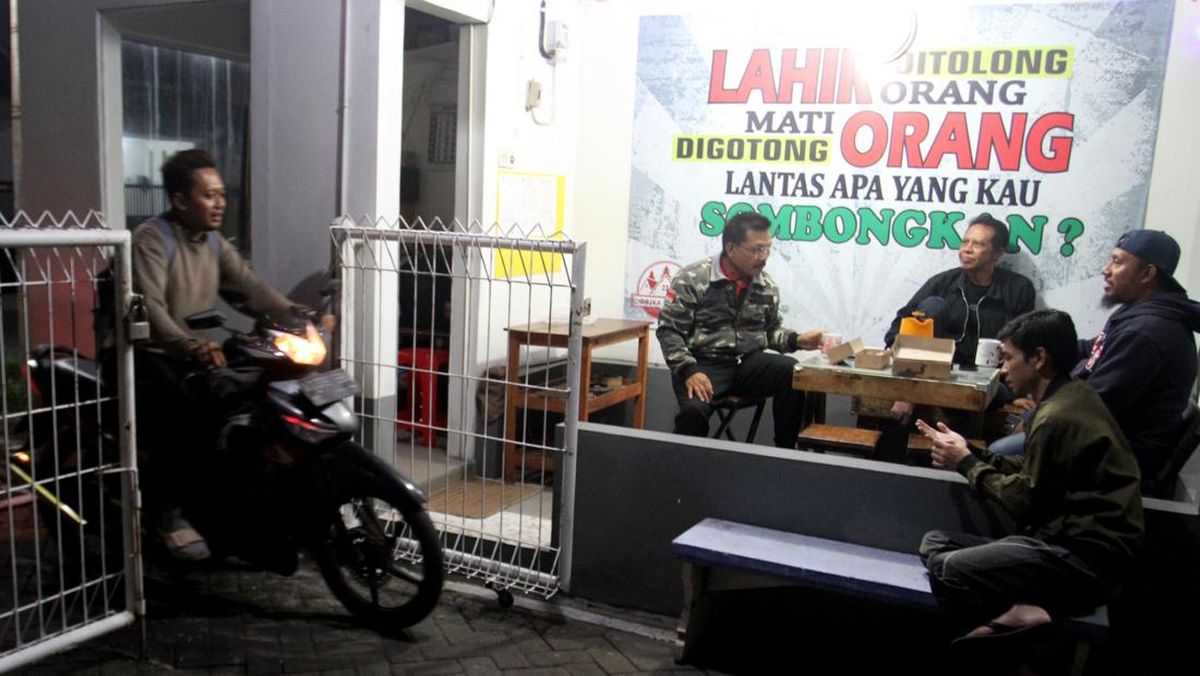
FICTION
Hailstones Fell Without Rain
Natalia Figueroa Barroso
UQP, $34.99
In life and in literature, revolution and resistance are often depicted as hallmarks of youth: founts of idealism that are eventually abandoned – not always reluctantly – in pursuit of stability, safety and financial security.
But for the characters of Natalia Figueroa Barroso’s debut – the first novel published by a Uruguayan-Australian author – revolution and resistance are the hallmarks of the only life worth living, and the only means of freedom from the persistent inequalities of racism, capitalism and patriarchy.
The book follows three generations of Ferreira women across two continents and two time periods. Told between present-day Fairfield, in Sydney’s west, and 1970s Uruguay, where a civic-military dictatorship has resulted in authoritarian rule and human rights abuses, Figueroa Barroso captures the most intimate realities of working-class women with both blunt honesty and unwavering tenderness.
Her central characters are well-formed, with sharp tongues and an astute awareness of life’s injustices. Grachu is a divorced mother of three trying to make ends meet as a cleaner, living in the ramshackle two-bedroom unit she’s scored in a shady rental agreement. She sells homemade empanadas as her side-hustle (not that she’d know the term), and worries about her friend Pancha, stuck in a marriage with a perpetual cheat because she has no money to venture out on her own.

Natalia Figueroa Barroso’s novel is the first to be published by a Uruguayan-Australian author.
Chula is Grachu’s aunt, who raises her from infancy after Grachu’s mother Tata flees the family home to join a resistance movement, but not before she destroys all traces of herself: disappearing in theory before she, like many other threats to the system, is forcibly disappeared. Chula draws on the wisdom of her ancestors as she navigates life and love with Grachu in her care, often hearing the voice of her abuela Ñeca guiding her through her precarious moments.
And then there’s Grachu’s eldest daughter Rita, a newly out bisexual woman who works in Australian television, and yearns to escape her family’s grasp while navigating her sense of otherness.
Their story is multi-layered and almost mystical, brimming with lore and custom. The Ferreira women are fierce and formidable, attuned to their strength, sensuality and suffering. Grachu, whose voice and story are the strongest of the three, knows her hands “only exist in this world as money-making machines, their value continuously dropping in the working-class market with every wrinkle that creases and folds her worth into smaller insignificant segments”. But she persists despite this, determined to make the best of her and her daughters’ lives.
Loading
While Rita’s narrative arc doesn’t seem to hold as much weight as that of her mother and great-aunt, the novel is still a well-woven family story. It’s bilingual, bold and somewhat experimental, thanks to the author regularly breaking the fourth wall. Her voice is hard to pin down: though it’s mostly told via third-person narration, she employs direct address and authorial intrusion to add context and make her point, and there are a few FYIs thrown in for good measure. But while these elements could be mistaken for telling instead of showing, she’s not remiss in the latter, writing with the vivid detail, penchant for simile and rich imagery that is the trademark of the Sweatshop Literacy Movement, of which she is a longtime member.
This novel is not an escapist historical saga, though it is a passionate celebration of culture. It’s not ambiguous about its politics, whether they relate to Palestine or socialism, functioning as both a narrative and a pointed critique of systems that reinforce marginalisation.
Hailstones Fell Without Rain is a commendable debut that explores what it means to live in community and depicts the sacrifices made in pursuit of family, ideals and identity. It’s also a fist-raise story to collective consciousness and, most fundamentally, a love letter to the matriarchy.
The Booklist is a weekly newsletter for book lovers from Jason Steger. Get it delivered every Friday.
Most Viewed in Culture
Loading


















































